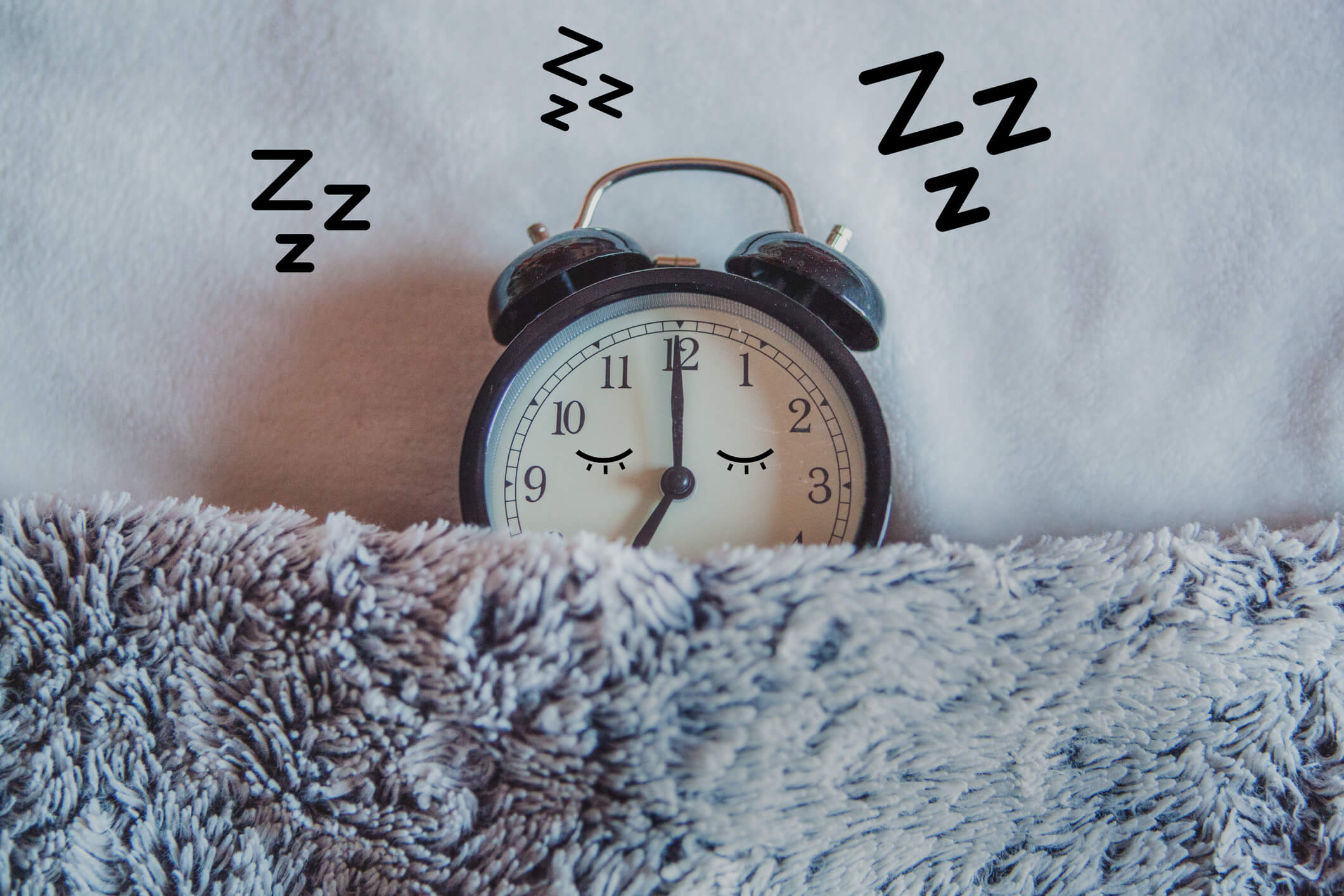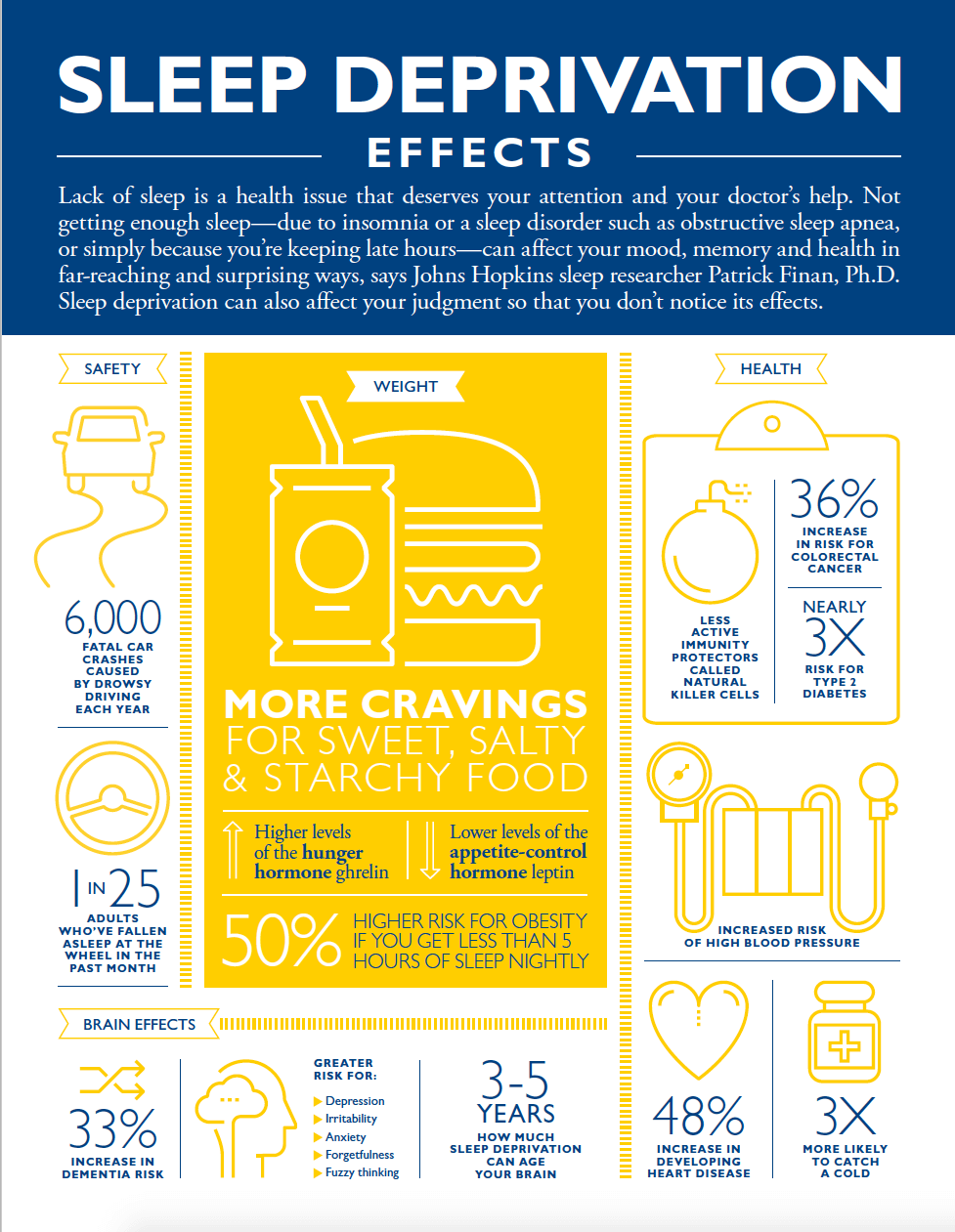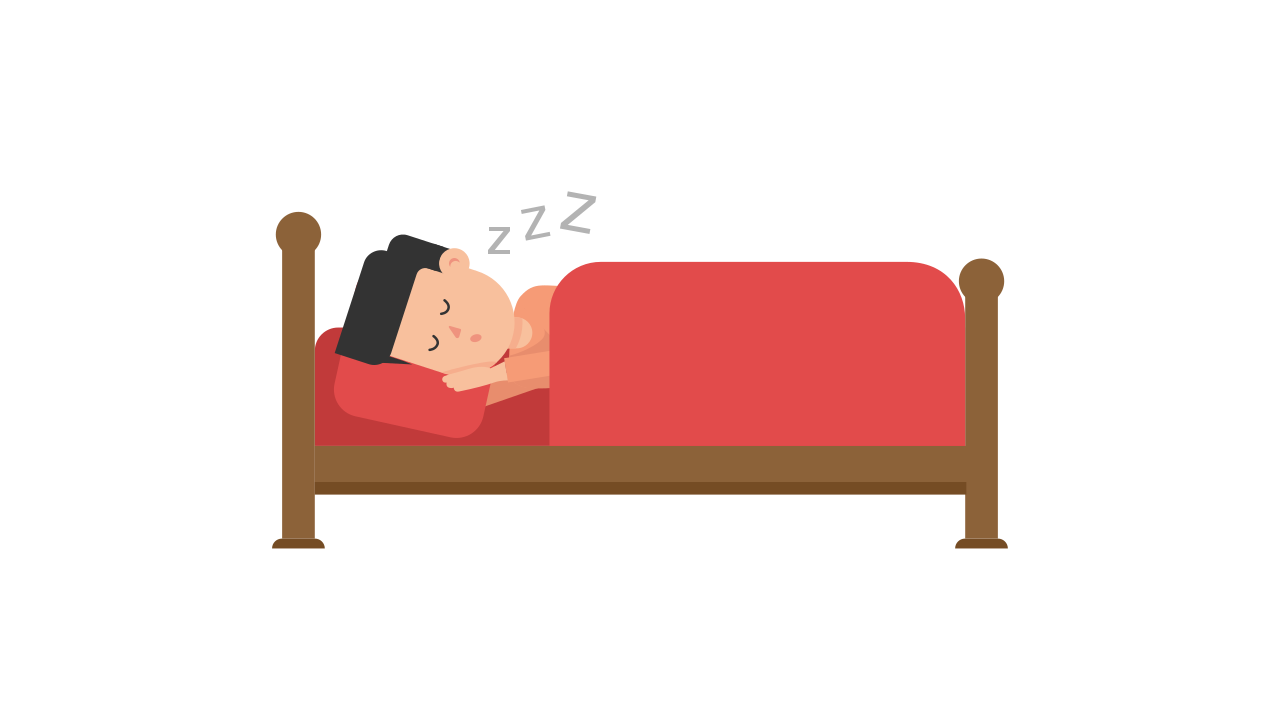March Wellness Spotlight
Sleep Awareness Week is March 10-16th!
 Sleep is an important part of our lives and is something that every single person needs. According to the University of Chicago, sleep is defined as an altered state of consciousness or a condition of the body and mind where the nervous system is less active, the body is in a relaxed state, and consciousness is suspended. The CDC notes that one third of U.S. Adults are not getting the recommended amount of sleep each night. This has been linked to many chronic diseases. This Wellness Spotlight includes information on why sleep is important, how much sleep is recommended, and tips for getting better sleep!
Sleep is an important part of our lives and is something that every single person needs. According to the University of Chicago, sleep is defined as an altered state of consciousness or a condition of the body and mind where the nervous system is less active, the body is in a relaxed state, and consciousness is suspended. The CDC notes that one third of U.S. Adults are not getting the recommended amount of sleep each night. This has been linked to many chronic diseases. This Wellness Spotlight includes information on why sleep is important, how much sleep is recommended, and tips for getting better sleep!
Why is sleep so important?
Sleep plays a large role in keeping you healthy. The way that you feel throughout the day is affected by your sleeping habits. Many people assume that sleep gives the tired brain a rest at the end of the day. According to the National Institute of Health, when we sleep, the brain changes function. The brain becomes like a “kidney removing waste from the system.” The brain is simply using sleep as a time to rejuvenate and eliminate toxins from the body. Many different organs of the body use sleep as a time for repair. Certain processes occur most effectively during sleep, and if you don’t sleep, those processes are disturbed. This can lead to many health issues and disruption’s within the body.
As mentioned by UC Davis Health, here are some benefits of sleep:
- promotes growth
- helps heart health
- supports weight management
- helps combat germs and keep your immune system strong
- reduces risk of injury
- increases attention span
- boosts memory and learning
What are health risks of not getting enough sleep?
Not getting enough sleep is linked to many chronic diseases and conditions. These conditions include type 2 diabetes, heart disease, obesity and depression. The CDC also warns that not getting enough sleep can lead to motor vehicle crashes and mistakes at work, which causes many injuries each year. Listed below you will find a graphic of the effects of sleep deprivation.

How can I get better sleep?
- Stick to a consistent sleep schedule
- Try to go to bed at a similar time each night. Your body has a “biological clock,” which relates to the pattern of daylight where you live. This makes your body naturally sleepy and night, and more awake and alert during the day. By going to bed at a similar time each night, it will help your body fall asleep faster at night
- Make your bedroom sleep friendly
- Keep your room cool, dark and quiet. If light is present, it will make it more challenging to fall asleep. Using room darkening shades or earplugs can help to create a sleep friendly
 environment.
environment.
- Keep your room cool, dark and quiet. If light is present, it will make it more challenging to fall asleep. Using room darkening shades or earplugs can help to create a sleep friendly
- Relax before bedtime
- Avoiding the use of screens such as cell phones or TV’s before bed is also beneficial. In addition to this, doing calming activities before bedtime such as taking a bath or using relaxation techniques can promote better sleep. Click here for 8 ways to sleep better tonight.
- Avoid caffeine or large meals before bedtime
- Avoid heavy meals or caffeine right before going to bed. The University of Michigan recommends to stop drinking caffeinated products eight hours before going to bed. It is also important to avoid alcohol and nicotine as this can interfere with sleep as well. It is advised to avoid alcohol at least three hours before bed. At first, it is sedating, but it can interfere with the ability to stay asleep.
- Get some exercise
- Participating in physical activity can promote a good nights sleep. Engaging in at least 30 minutes of moderate aerobic exercise per day can help with sleep quality as noted by Johns
 Hopkins Medicine. Although, make sure you are not exercising right before going to bed.
Hopkins Medicine. Although, make sure you are not exercising right before going to bed.
- Participating in physical activity can promote a good nights sleep. Engaging in at least 30 minutes of moderate aerobic exercise per day can help with sleep quality as noted by Johns
- Know when to contact your health care provider
- Many people will have a sleepless night. Although, if you find yourself having sleepless nights often, it is important to contact your healthcare provider. This can help identify and treat the causes of sleepless nights, and help you get more rest full sleep.
How much sleep is recommended for my age?
The Mayo Clinic has published this chart for how much sleep is recommended for different ages:
| Age group | Recommended amount of sleep |
|---|---|
| Infants 4 months to 12 months | 12 to 16 hours per 24 hours, including naps |
| 1 to 2 years | 11 to 14 hours per 24 hours, including naps |
| 3 to 5 years | 10 to 13 hours per 24 hours, including naps |
| 6 to 12 years | 9 to 12 hours per 24 hours |
| 13 to 18 years | 8 to 10 hours per 24 hours |
| Adults | 7 or more hours a night |
Resources:


